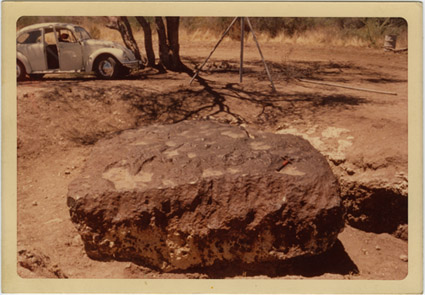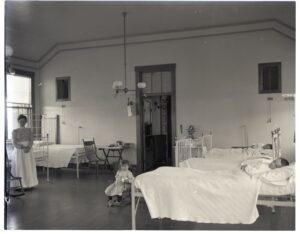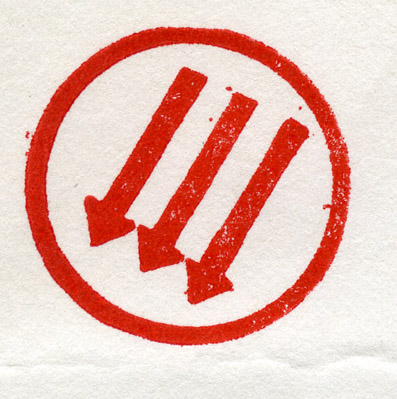Carol Barton and elmira Nazombe Collection
1985-2022
13 boxes 19.5 linear feet
Call no.: MS 1249
Carol Barton is a popular educator and policy advocate. She co-founded Alternative Women in Development/New York in the 1990s, which was active at the UN Beijing 4th World Conference on Women and helped create the Economic Literacy Action Network (ELAN). Barton served on the economic literacy team of the International Gender and Trade Network, active in the 2000s. With elmira Nazombe, she led the Women’s International Coalition for Economic Justice (WICEJ) from 2000 through 2005. WICEJ was active in the UN Commission on the Status of Women, the World Conference Against Racism, and the Financing for Development Conference as well as the Feminist Dialogues linked to the World Social Forums in India (2004) and Brazil (2005). Currently, Barton is co-convener of the International Women in Migration Network.
elmira Nazombe has worked in the areas of popular education, social, economic and racial justice for over five decades. With a degree in urban planning, after graduation, Nazombe lived and worked for 10 years in east and southern Africa working as an urban planner and journalist. She also held positions with the All Africa Conference of Churches and the National Christian Council of Kenya. Nazombe has worked as a social justice educator for the past 25 years. She was an Executive Secretary for Racial Justice for United Methodist Women and served as the Human Rights Education Director for the Center for Women’s Global Leadership at Rutgers, The State University of New Jersey. Nazombe holds a doctorate in Education (Ed.D) from Rutgers. For the last 12 years, she has been teaching social justice courses at Rutgers, hoping to nurture a new generation of social justice activists.
The collection documents Barton’s and Nazombe’s involvement in a wide range of activist and advocacy engagement both nationally and internationally, in particular with the Women’s International Coalition for Economic Justice (WICEJ). At the heart of the collection is Barton’s contribution to a collaborative effort in feminist popular education. Together with Ying Ling Leung, elmira Nazombe, Pamela Sparr, and Mariama Williams, Barton organized and facilitated popular education programs in various movements to empower women worldwide.
Gift of Carol Barton and elmira Nazombe, 2024.
Subjects
Anti-racismEconomics--Moral and ethical aspectsPopular educationContributors
Barton, CarolNazombe, elmiraSparr, Pamela




